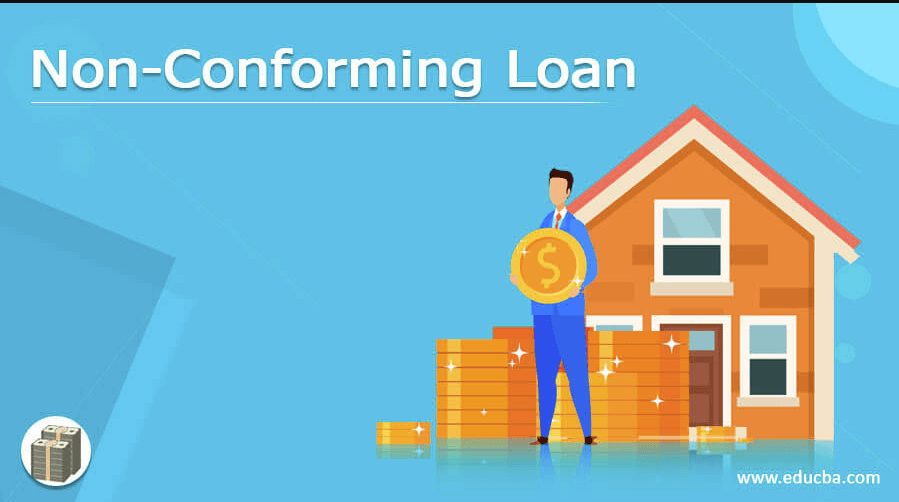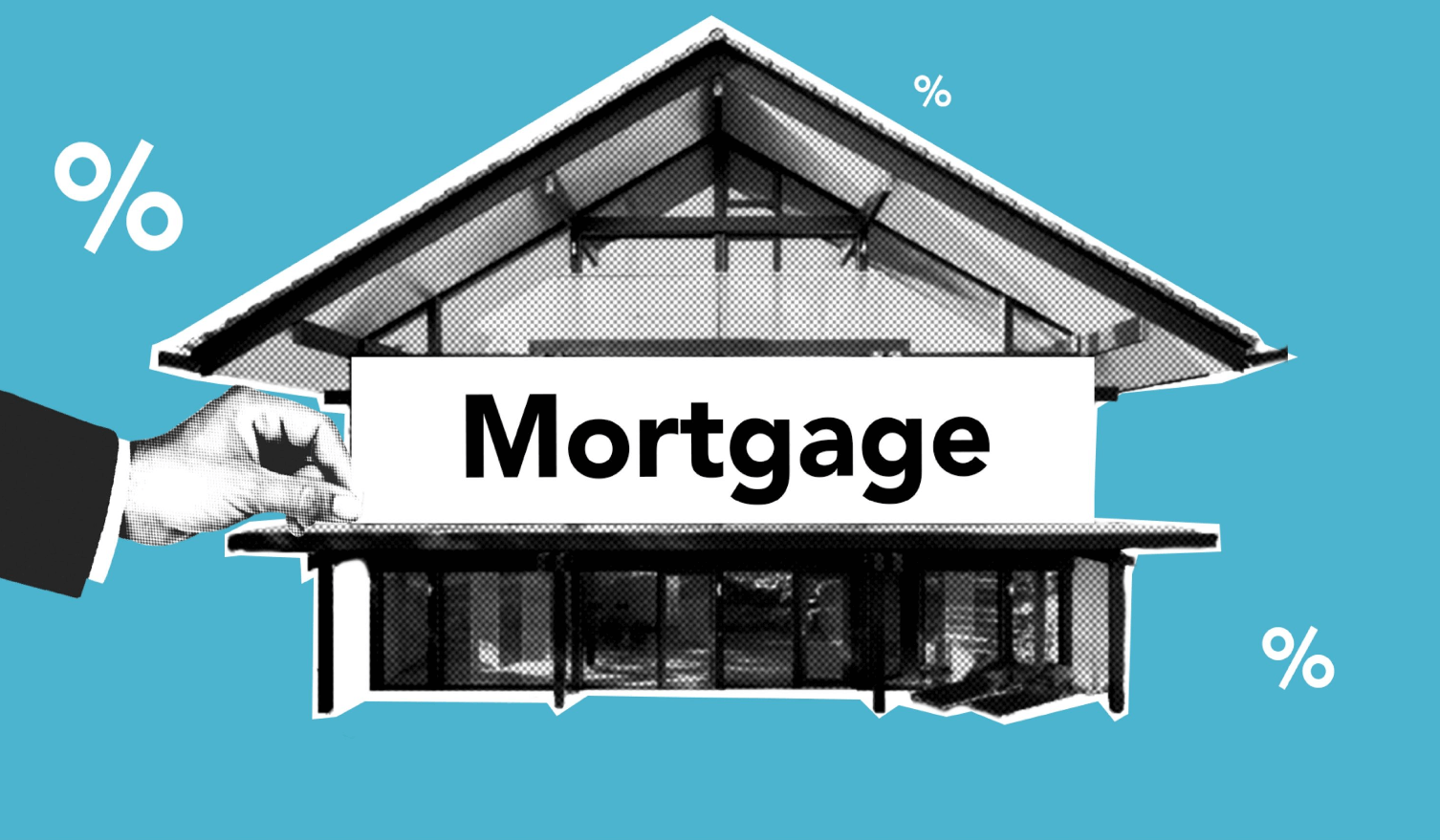Are you considering applying for a mortgage but don’t fit the traditional lending criteria? If so, you may want to explore non-conforming loans. These types of loans offer an alternative option for borrowers who have unique financial circumstances or are looking to purchase properties that exceed conventional loan limits. In this blog post, we’ll dive into what exactly what is non conforming loan is, who can apply for one, and the benefits of choosing this type of financing. So let’s get started!
What is Non Conforming Loan?
A non conforming loan is a type of mortgage that doesn’t meet the guidelines set by Fannie Mae and Freddie Mac, which are two government-sponsored entities that purchase mortgages from lenders. These loans are also known as jumbo loans because they often exceed the maximum loan limits established by Fannie Mae and Freddie Mac.
Non-conforming loans come in many forms, including adjustable-rate mortgages (ARMs), interest-only loans, and even no-documentation loans. They’re typically offered to borrowers who have high credit scores, substantial down payments or equity in their homes, or unique financial situations that don’t fit into traditional lending criteria.
Because non-conforming loans represent a higher risk for lenders than conventional mortgages do, they tend to have stricter requirements when it comes to documentation and underwriting. Borrowers may need to provide more detailed information about their income, assets, debts, and employment history in order to qualify.
Who Can Apply for a Non-Conforming Loan?
When it comes to non-conforming loans, not everyone is eligible to apply. These types of loans are usually designed for borrowers who don’t meet the standard requirements set by mainstream lenders such as banks and credit unions.
One group of people that can benefit from a nonconforming loan is the self-employed. Because they may not have a steady income stream or traditional pay stubs, it can be difficult for them to qualify for a conventional loan. A non-conforming loan with alternative documentation requirements might be a better option.
Another group that could benefit from these loans is those looking to purchase high-value properties. Jumbo mortgages fall under the category of non-conforming loans because they exceed the maximum amount allowed by Fannie Mae and Freddie Mac guidelines.
Investors looking to finance investment properties can also apply for non-conforming loans. The terms and conditions may vary depending on the lender’s criteria, but this type of financing provides more flexibility than traditional options.
If you don’t fit into the mold of conventional lending requirements or need more flexible terms tailored to your specific situation, then an inquiry into non-conforming loans could be worth exploring further.
What are the Benefits of a Non-Conforming Loan?
Non-conforming loans offer several benefits to borrowers who may not qualify for traditional mortgage loans. One of the primary advantages is that these loans allow individuals to finance properties that exceed the maximum loan limits set by government-sponsored enterprises like Fannie Mae and Freddie Mac.
Additionally, non-conforming loans often have more flexible underwriting guidelines than traditional mortgages, making it easier for borrowers with unique financial situations or credit history issues to obtain financing.
Another benefit of non-conforming loans is that they provide options for borrowers seeking alternative repayment terms or structures. For example, some lenders may offer interest-only payment plans or adjustable-rate mortgages (ARMs), which can be useful for those looking to minimize their monthly payments in the short term.
While non-conforming loans come with higher interest rates and fees compared to conventional ones, they remain an excellent option for many homebuyers who cannot meet standard lending requirements and need greater flexibility in their loan terms.
How to Qualify for a Non-Conforming Loan
Qualifying for a nonconforming loan can be more challenging than getting a conventional mortgage. However, it’s still possible with the right preparation and planning.
The first step is to understand the lender’s requirements and guidelines. Typically, you’ll need a higher credit score and a larger down payment compared to traditional loans.
Another essential factor in qualifying for a non-conforming loan is having sufficient reserves or savings. This shows the lender that you have enough money available to cover unexpected expenses or emergencies.
It’s also important to prepare all necessary documentation before applying for a nonconforming loan. This includes tax returns, bank statements, employment history, and any other relevant financial information.
Working with an experienced mortgage broker or loan officer who specializes in non-conforming loans can make all the difference in securing approval.
Qualifying for a nonconforming loan requires careful planning and attention to detail but with proper preparation, it can be done successfully. Read more…
Conclusion
To sum it up, what is non conforming loan is an excellent alternative for individuals who don’t meet the standard requirements of traditional loans. Although these loans may come with higher interest rates and stricter terms, they can offer borrowers more flexibility and better opportunities to achieve their financial goals.
Non-conforming loans are not suitable for everyone, but they can provide an excellent option for those looking to purchase high-value properties or refinance existing homes.
Remember that qualifying for a nonconforming loan will require some effort on your part as well. You’ll need to demonstrate strong creditworthiness and have adequate collateral in place before lenders are willing to extend financing.
If you’re willing to put in the work required, a non-conforming loan could be just what you need to achieve your real estate goals.











